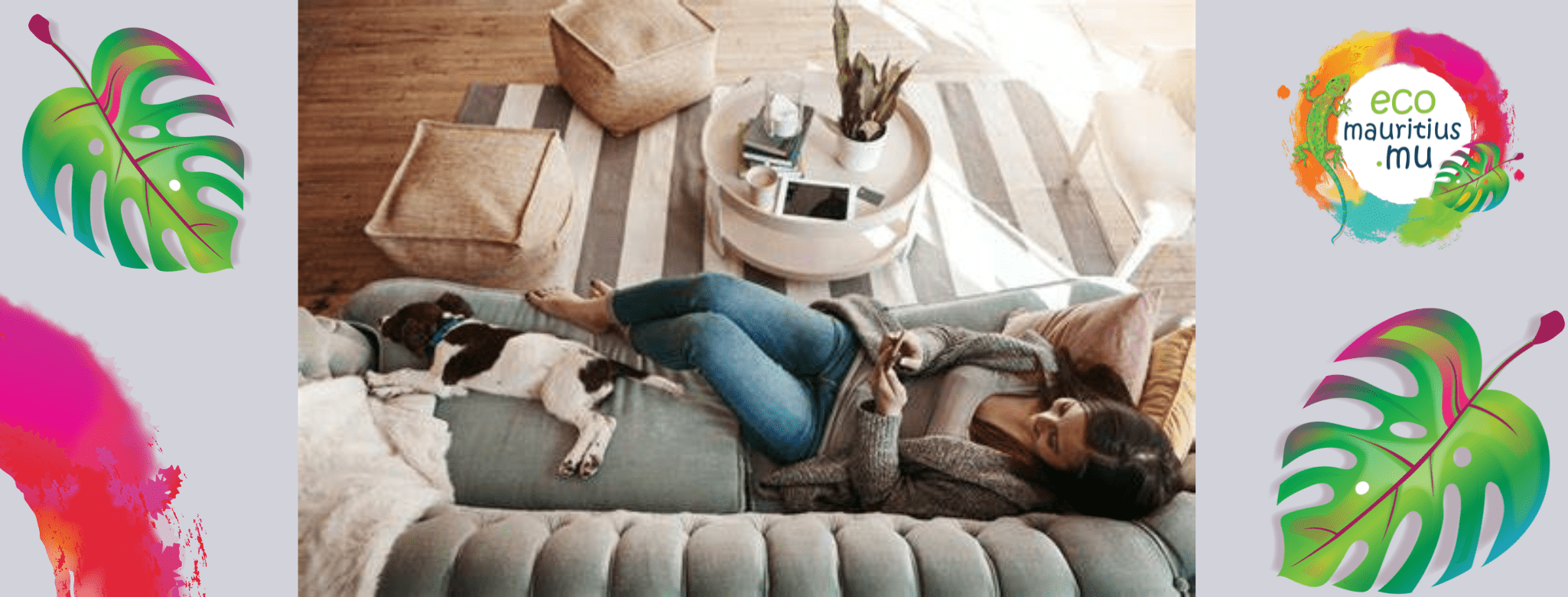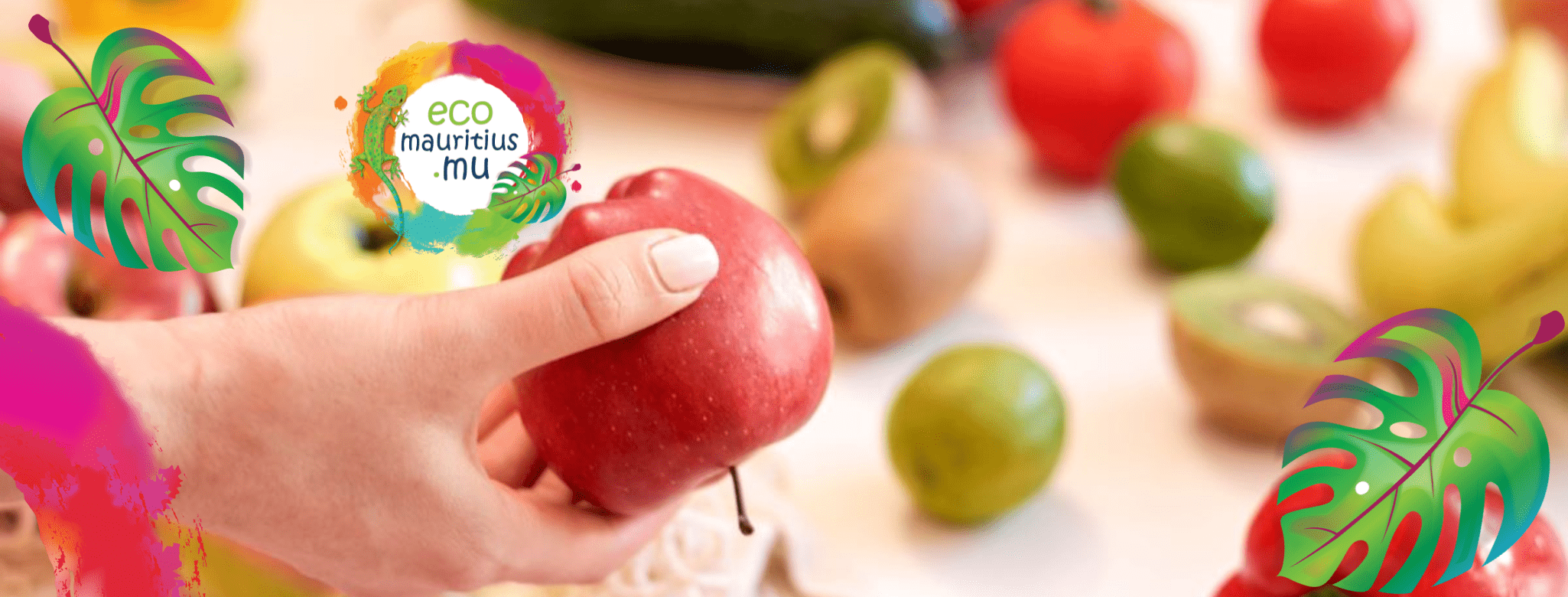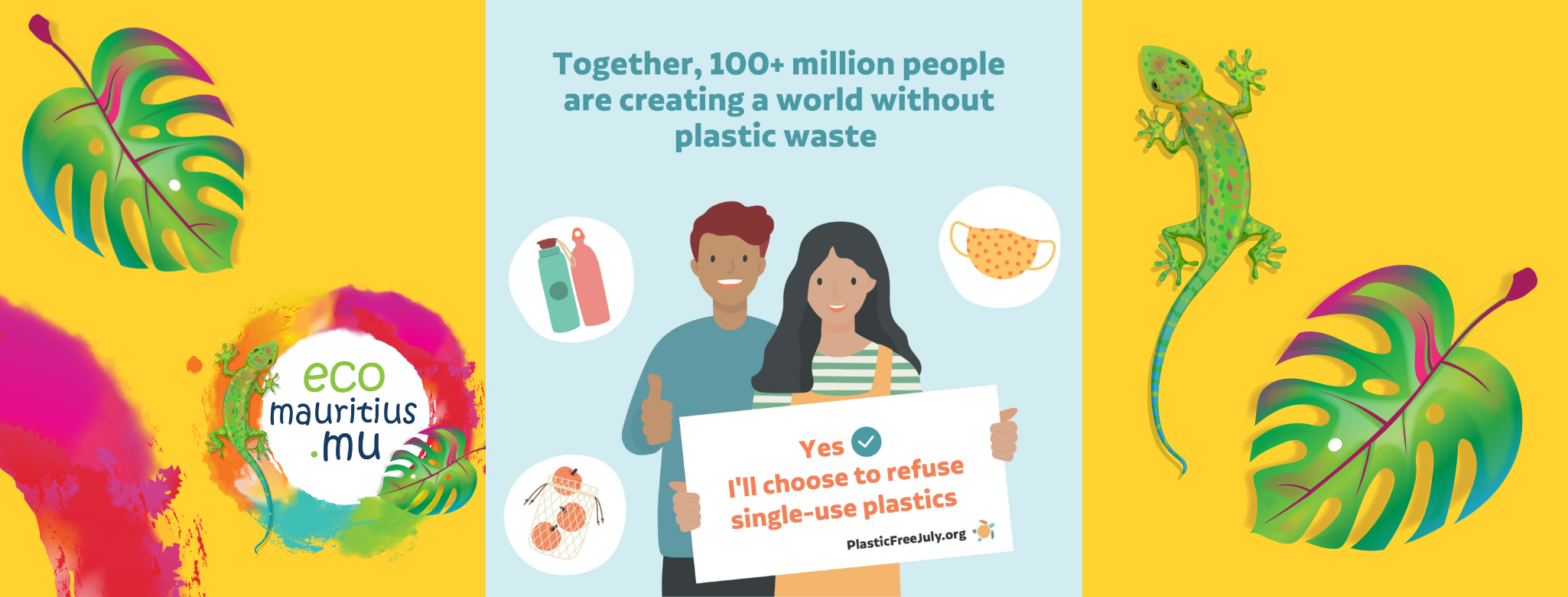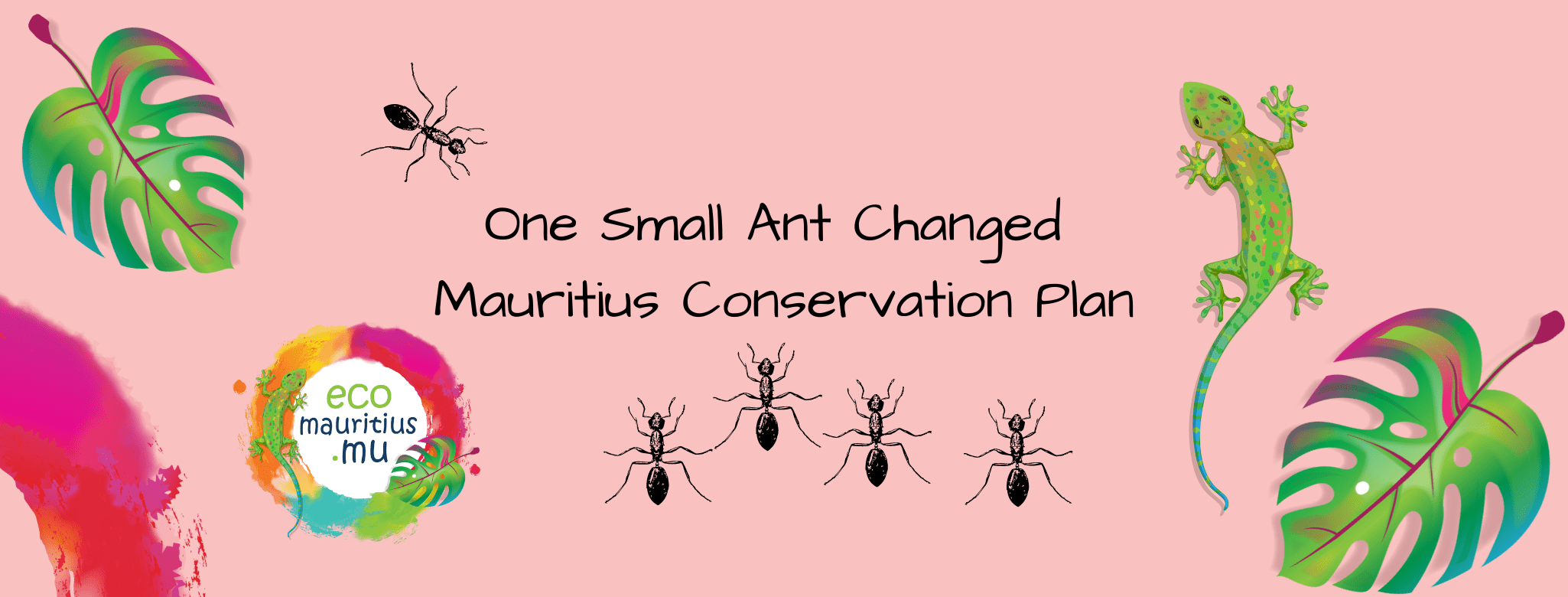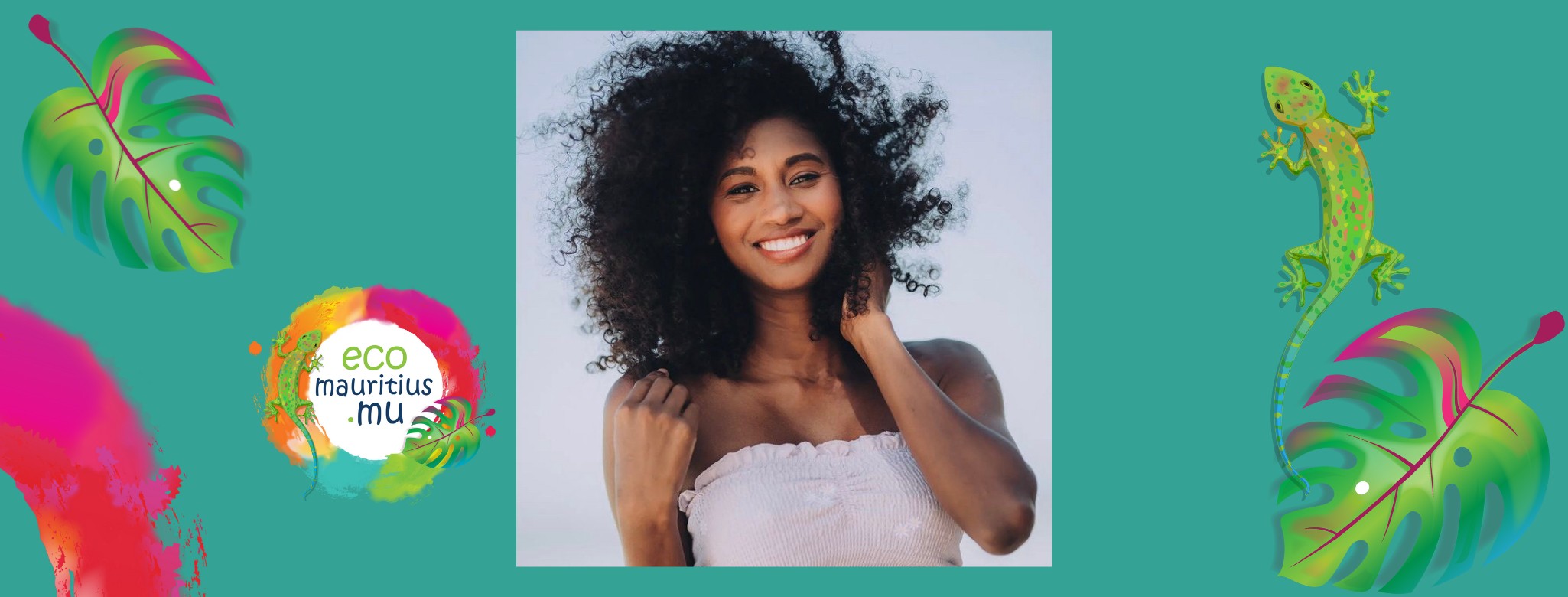Join millions of people in reducing their plastic waste. Plastic Free July® is a global movement that helps millions of people be part of the solution to plastic pollution. So we can have cleaner streets, oceans, and beautiful communities. Will you be part of Plastic Free July by choosing to refuse single-use plastics? About the challenge Plastic Free July provides resources and ideas to help you (and millions of others around the world) reduce single-use plastic waste every day at home, work, school, and even at your local café. Our movement has inspired 100+ million participants in 190 countries. You making a small change will collectively make a massive difference to our communities. You can choose to refuse single-use plastics in July (and beyond!). Best of all, being part of Plastic Free July will help you to find great alternatives that can become new habits forever. TAKE THE CHALLENGE - Register for the official Plastic Free July Challenge Resources A great way to continue to grow the positive impact of Plastic Free July is by sharing the challenge with others. Below are assets and promotional tools that you can take to school, work, or share in your community to spread the word. Take a look! What you can do Want some tips to find out how you can reduce plastic waste? The good news is, anyone can get involved. You can start out small, or really challenge yourself! Get inspired using the menu options below. CLICK HERE FOR MORE IDEAS 𝐄𝐜𝐨𝐌𝐚𝐮𝐫𝐢𝐭𝐢𝐮𝐬.𝐦𝐮 𝐢𝐬 𝐭𝐡𝐞 𝐎𝐍𝐋𝐘 𝐩𝐥𝐚𝐭𝐟𝐨𝐫𝐦 𝐰𝐡𝐢𝐜𝐡 𝐬𝐞𝐥𝐥𝐬 𝐚𝐧𝐝 𝐩𝐫𝐨𝐦𝐨𝐭𝐞𝐬 𝐩𝐫𝐨𝐝𝐮𝐜𝐭𝐬, 𝐚𝐜𝐭𝐢𝐯𝐢𝐭𝐢𝐞𝐬, 𝐥𝐨𝐝𝐠𝐢𝐧𝐠, 𝐞𝐯𝐞𝐧𝐭𝐬, 𝐜𝐨𝐮𝐫𝐬𝐞𝐬, 𝐍𝐆𝐎𝐬 𝐚𝐧𝐝 𝐁𝐮𝐬𝐢𝐧𝐞𝐬𝐬𝐞𝐬 𝐰𝐡𝐢𝐜𝐡 𝐚𝐫𝐞 𝐚𝐥𝐥 𝐟𝐨𝐜𝐮𝐬𝐞𝐝 𝐨𝐧 𝐭𝐡𝐞 𝐞𝐧𝐯𝐢𝐫𝐨𝐧𝐦𝐞𝐧𝐭. Have a look at our zero waste, bulk, recycled, upcycled, organic, vegan, non pollutive, non-toxic products, activities & services, and shop from a selection especially chosen for eco-conscious people. www.ecomauritius.mu
Academy Scientist Brian Fisher found new endemic ant on Mauritius, helped halt plans to disrupt last remaining ant habitat The last dodo disappeared in 1681, about 80 years after humans first arrived on the island. Since then, a number of other species have followed. Most of the dense Mauritian forests have been converted into plantations, and habitat modification has reached almost every corner of the island. In addition to logging, humans have dramatically altered the Mauritian environment by introducing invasive plant and animal species, including aggressive invasive ants. In 1974 and again in 1990, scientists conducting research in Mauritius commented on the alarming difficulty of finding native ant species. In May 2005, Academy entomologist Brian Fisher conducted an ant survey on Mauritius to determine how many native ant species still survive on the island. He found just 18 native species, including one that was new to science (Discothyrea berlita). Nine of the native ants are endemic to Mauritius, meaning they cannot be found anywhere else on Earth. All nine of these endemic species are found exclusively on mountaintops, presumably a result of the widespread destruction of the island’s lowland forests. The new species Fisher found, Discothyrea berlita, lives only in a small patch of forest, less than one hectare in area, on the southeast face of a mountain named Le Pouce. This peak, which is located north of Port Louis in the northwest corner of the island, captures moisture from the prevailing wind and clouds, resulting in the presence of native cloud-forest there. At least six other endemic ants also inhabit the Le Pouce cloud-forest. Even on this isolated mountaintop, however, invasive plants have taken root. Not surprisingly, the presence of these non-native plants poses a threat to the forest’s native biodiversity by impeding the regeneration of native plants. Thus, the Mauritius Forestry Service made plans to “weed” the patch of forest on Le Pouce, removing all of the non-native plants. Unbeknownst to the Forestry Service, this plan would have been disastrous for D. berlita and the other endemic arthropods that inhabit the forest. Fisher, however, had seen the effects of weeding practices in other parts of the island and foresaw devastating side-effects. The active removal of large numbers of invasive plants creates sizeable areas of bare soil and understory – a disturbance that facilitates the establishment of invasive ants. Fisher had collected invasive ants around the outskirts of the Le Pouce forest and knew that if they were given an opening, these species would rapidly invade the native ant sanctuary. Once established in their new territory, these invasive ants would be virtually impossible to eradicate. On January 12, 2006, after his paper about the new Mauritius ant was published in the Proceedings of the California Academy of Sciences, Fisher contacted the Mauritian Wildlife Foundation and shared his concerns about the weeding program that had been proposed for Le Pouce. He suggested an alternative strategy for increasing native plant regeneration on Le Pouce – a proposal that included planting a belt of native trees around the existing forest patch, such as Nuxia verticillata, which is home to four different species of native Mauritius ants. On January 17, the Mauritian Wildlife Foundation contacted Fisher to confirm that the Forestry Service had revised their management plan based on his recommendations. Conservation management decisions are not easy or straightforward under any circumstances, especially in places that have suffered as much habitat disruption as Mauritius. In the past, conservation decisions on Mauritius have been tailored to benefit bird and plant preservation, largely because very little has been known about arthropod distribution on the island. However, it is now clear that ants and other arthropods should also be considered during conservation planning in order to maximize biodiversity preservation. Learn more About Research at the California Academy of Sciences
We are delighted to have you, a local, talented designer making beautiful, practical and environment friendly products! Tell us a bit about yourself! I'm Aurélie Péroux from Ecostyle Mauritius. Having a degree in design has allowed me to express my creativity and I launched Eco-style to inspire change. The environment is more than just a passion and a lifestyle for me. I also work as a fashion model and Zumba instructor. How did you start your creative recycling career? I started creating reusable produce bags for my personal use in 2019. Each time I went to the supermarket, I took plastic bags for vegetables and fruits. But I was not throwing them away. All the plastic bags were in a huge shopping bag. Finally, there was more and more plastic at home. From this reflection on the environment, I told myself I should find another solution for not having a plastic bag at home. I made some research about how to be more eco-friendly. And why were you concerned with plastic waste especially? Plastic pollution affects wildlife, wildlife habitat, and humans. Most of our plastic ends up in the landfill. Three-quarters that are not recycled enter our environment, polluting our oceans and causing damage to our ecosystem. However, plastic is slow to degrade (taking over 400 years or more) due to its chemical structure, which presents a big challenge. My mission has shifted to inspire people positively. I know that I can make a difference by offering simple and convenient alternatives that respect our health and the planet. I developed sustainable products that fit into the daily routine items and want to use, which will help us reduce our ecological footprint. The alternative to plastic bags is reusable produce bags, reusable tea bags, reusable bread bags, reusable baguette bags, tote bags so much more to come! Stay tuned on www.ecomauritius.mu for more products. We can't wait! Thank you so much Aurélie :)


